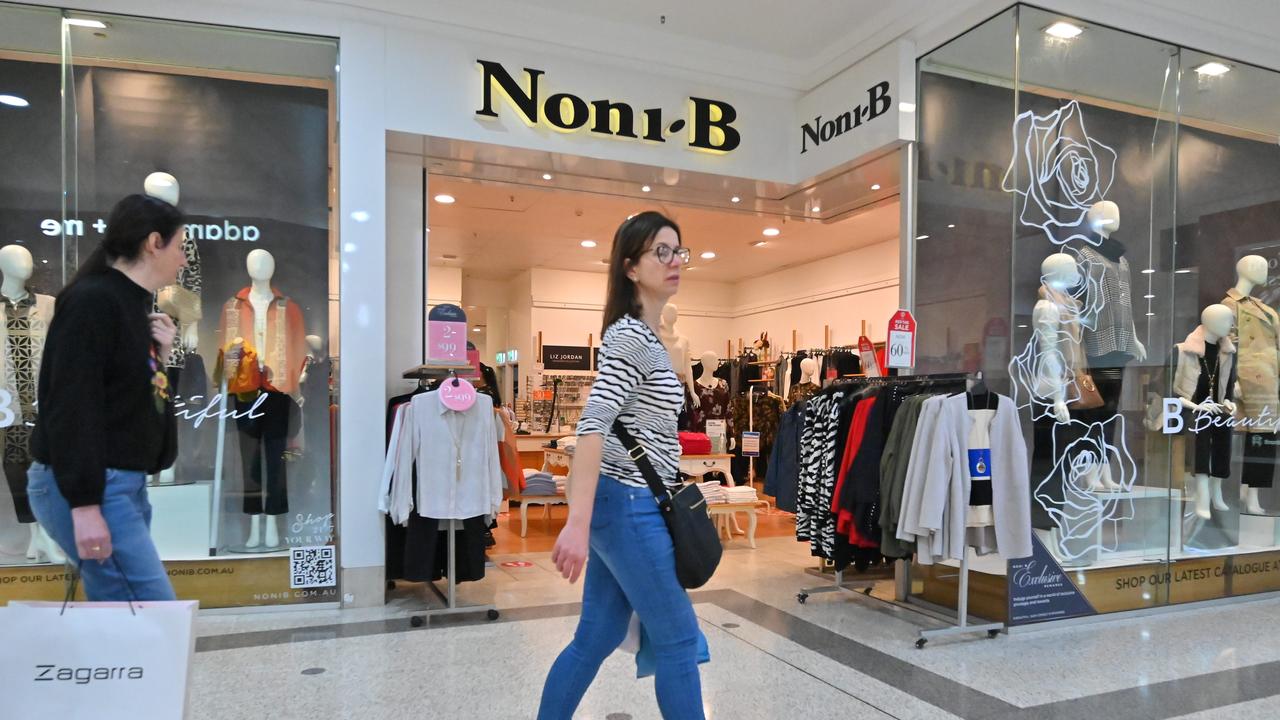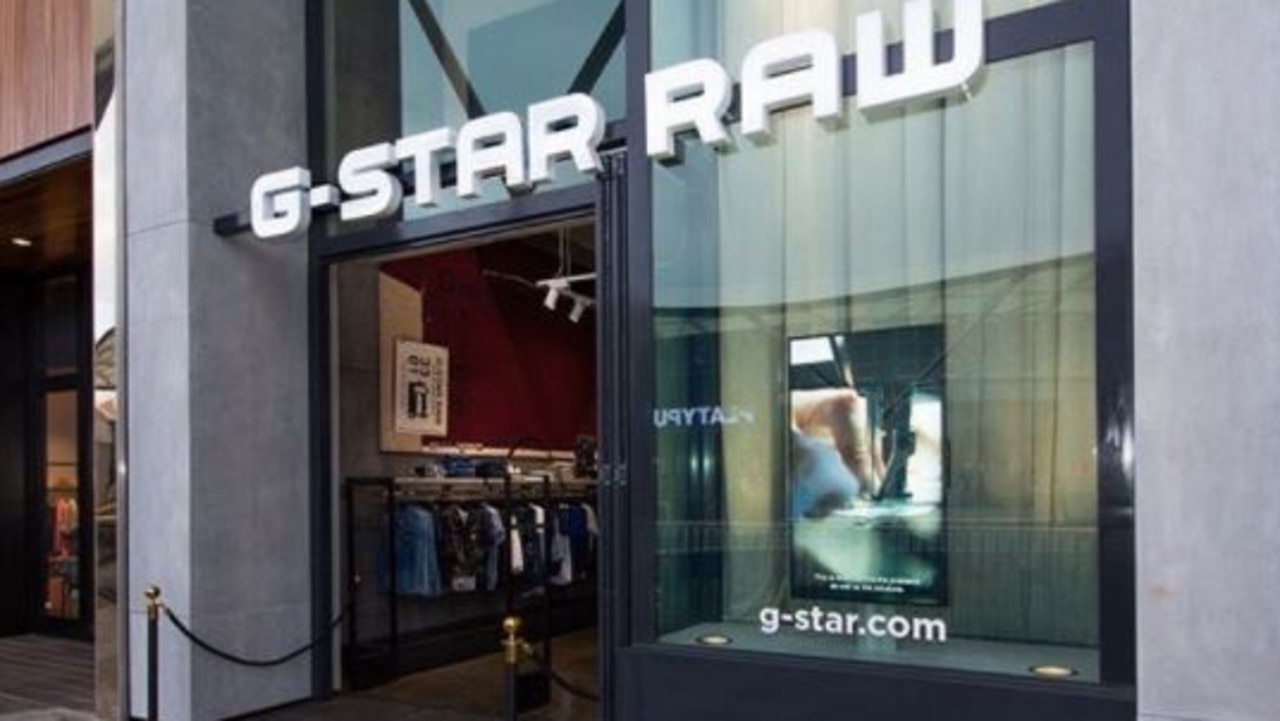What’s really killing retail brands like Jeanswest, Collette and Rockmans
It has been an annus horribilis for retailers, with 2020 taking an axe to brands like Jeanswest, G-Star and Rockmans. So what’s really going on?
It has been a year most retailers would probably like to forget, with 2020’s brutal trading conditions claiming so many big-name scalps even industry insiders have lost count.
Just this week, Mosaic Brands – Australia’s leading specialty fashion retail group which includes the Millers, W.Lane, Noni B, Rivers, Katies, Autograph, Rockmans, Crossroads and Beme brands – announced plans to close up to 500 stores within two years.
Shortly before that, G-Star Australia revealed it would close all 57 stores and axe 200 jobs, while denim staple Jeanswest’s stunning collapse into voluntary administration led to the closure of 37 stores and 263 redundancies.
Handbags chain Colette also entered administration and declared a quarter of all stores would shut for good, and even Target hasn’t been immune, with the discount department store giant set to close 167 stores in a massive company restructure.
Retailers have been hit by disaster after disaster this year, with many brands slammed by the bushfires, floods and now the coronavirus pandemic and recession.
But those factors alone can’t explain away what has been dubbed by commentators as Australia’s “retail apocalypse”.
So what’s really going on?
FLAWED BUSINESS MODELS
Brian Walker, who runs the Retail Doctor Group consultancy, told news.com.au there were a range of factors at play that began long before the coronavirus pandemic hit.
“The retail world was transforming before COVID-19, there’s no doubt about it – online growth has definitely been a factor, and so has globalisation,” he said.
But he said there was another major driver behind the trend which many of us had failed to notice.
Mr Walker said the retail model most of us had grown up with, which was “predicated on growth”, saw the rise of private equity firms coming on board as major investors and providing capital for rapid expansion.
However, as online shopping took off, Mr Walker said stores that were less profitable were more exposed.
He said when you looked at recent Australian and international examples, many retail victims were linked to private equity firms – including swimwear brands Seafolly and Tigerlily, Colette and PAS Group, which is behind labels including JETS, Review and Yarra Trail.
RELATED: Big losers in $1500 pandemic leave plan

“The model is fundamentally to provide capital – they enter the business essentially as an owner, put as much debt as possible on the balance sheet to try and engineer sales growth, but when something like COVID comes, there’s very little wiggle room,” Mr Walker said.
He said in some cases, retailers have used the voluntary administration process as a mechanism to deal with their landlords.
“The relationship suddenly changes from one of being a debtor with the retailer owing the landlord money, to a creditor – they are still owed money, but they stand in a line, so it opens it up to negotiation,” Mr Walker said.
“It’s a threat to landlords that if they keep charging these rents they can’t afford, they will just walk away.”
FASHION AT RISK
Mr Walker said fashion retailers were particularly at risk during the coronavirus crisis as household budgets were feeling the squeeze and prioritising spending in other areas such as homewares and home entertainment, which was reflected in the successful earnings results recently posted by companies such as JB Hi-Fi, Adairs and Nick Scali.
And the nature of the products themselves could also be harming the bottom line as safety fears reached fever pitch.
“During COVID, the number one factor that influences whether customers will go to a physical store is hygiene – if you try on an article of clothing in a store, on average it will have been tried on eight or nine times before,” Mr Walker said.
“And the other thing is we’re going out far less – more of us are working from home and there are no big events to frock up for.”
Queensland University of Technology retail expert Professor Gary Mortimer agreed that the low to middle-tier fashion and footwear sector was particularly susceptible.
RELATED: Map shows suburbs hardest hit by virus

“We’ve known for some time that the sector has been under a great deal of stress due to a number of factors – it is clearly exposed to discretionary spending, the market has fundamentally changed over the last decade or so with the growth of pure play retailers like ASOS and The Iconic that can deliver fashion without the costs of physical stores, and of course the emergence of global fast fashion has also now clouded the market,” he said.
He said many retailers had failed to differentiate themselves from the competition, citing the example of Mosaic Brands, which owns the Katies, Millers, Rockmans and Crossroads labels – four brands which essentially sold “the same products to the same market”.
Other examples include Jeanswest, which couldn’t compete with higher-end labels like Sass and Bide and Levi’s and the “cheap and cheerful” threads offered by Wesfarmers’ Kmart and Target and Woolworths’ Big W.
‘FATAL ERROR’
Prof Mortimer said many doomed retailers – such as Australian Geographic – had simply failed to evolve.
“Australian Geographic was an iconic Aussie retailer that made the fatal error of rebranding to Curious Planet and lost some of the market,” he said.
And kids today aren’t buying telescopes and globes – it hadn’t evolved to capture the new market and while there is a place for educational toys, it’s a very niche market”.
Meanwhile, the economic climate has also shifted, with consumers more budget conscious than in previous years.
“Over the past few years there has been a shift from spending to saving, and people are more concerned with paying down debt,” Dr Mortimer explained.
“Many shoppers have moved online and there is also a lot more choice in the market now.”
He said government subsidies like JobKeeper and JobSeeker had helped ease the pain, but the looming scale back of those payments was a ticking time bomb.
“As we move forward and those government subsidies like JobKeeper evaporate, I think we’ll get a big hit of retailers who either decide to close a proportion of stores like Mosaic, or fall into voluntary administration,” he said, adding “2022 would be worse” as the market correction intensified.
MALLS AT RISK
Both Mr Walker and Dr Mortimer said shopping centres would be impacted by the slew of closures, and while the big-name centres such as Chadstone in Melbourne and Bondi Junction in Sydney would ride it out as they were destinations in their own right, smaller ones would likely suffer.




